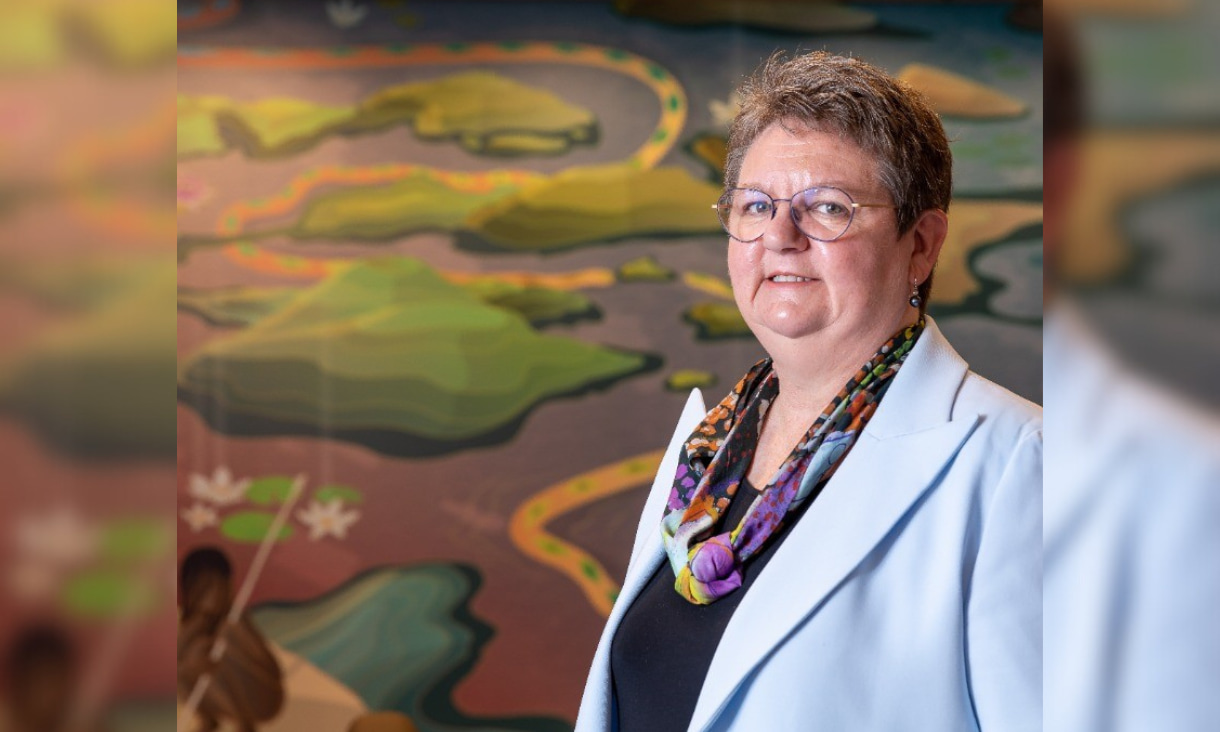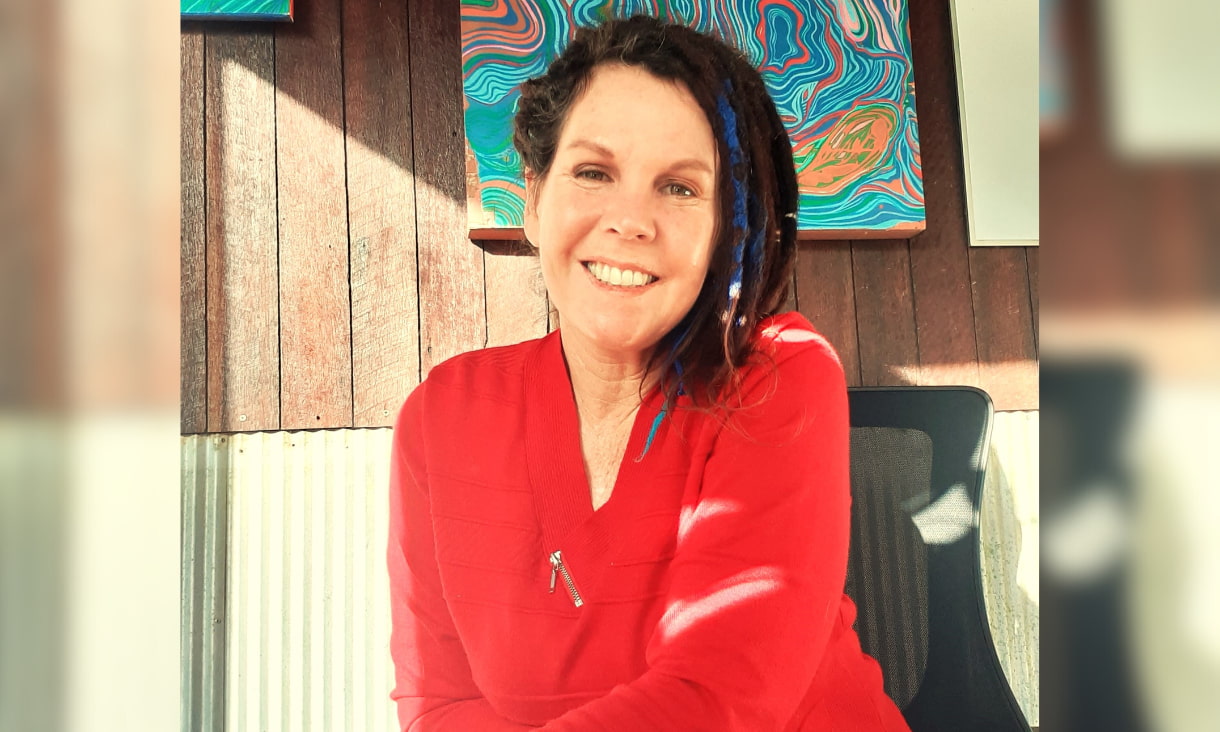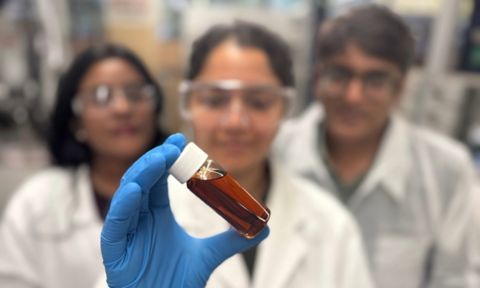Wilson feels that it is a cultural obligation to imbed her Indigenous perspective in her work, through the way she approaches her work and the outcomes she produces.
“A Wiradjuri perspective is to bring ‘yindyamarra’ to my work – that is, a deep, unhurried (yet timely), mindful respect and love to my work,” she said.
“I have a responsibility to produce culturally safe and responsive scientific evidence towards strengthening and improving the health, mental health and social and emotional wellbeing outcomes for First Nations people.”
Being an Indigenous woman in STEM has been a challenge for Wilson throughout her academic career, and she sees this reflected in her fellow Indigenous STEM colleagues.
“It is a tough gig... there is a cultural burden, a workload that is invisible to many in academia and STEM,” she said.
“It is my cultural responsibility to help others learn about the impacts of colonisation on First Nation people, but it comes at a cost of time and emotional labour.”
Wilson spoke about the importance of acknowledging the role STEM research has had in exploiting Aboriginal communities and knowledges.
“Globally, historically, our people have been marginalised through Western research methods and approaches,” she said.
“Approaches or designs of research have spoken about us without us.”
“Challenging these norms can be uncomfortable at times, and it often requires courage to speak up,” she said.
Fletcher is also committed to ensuring that First Nations voices are heard through her research.
She is a proud GuriNgai woman with strong Awabakal ties through her matrilineal line.
She is also a Vice-Chancellor's Indigenous Doctoral Fellow in the School of Health and Biomedical Sciences.
Currently, she is researching the needs of First Nations children and young people who experience detention in Southern Queensland, using Indigenous Research Methods and following Indigenous Research Principles.






